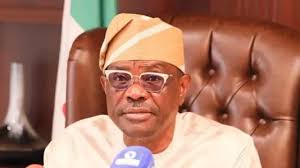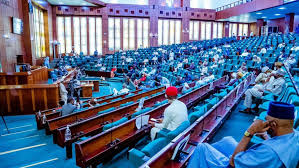The Emir of Kano and former Governor of the Central Bank of Nigeria (CBN), Sanusi Lamido Sanusi, has revealed that his experience as a traditional ruler exposed him to the true extent of poverty in Nigeria—something he had not fully grasped during his time in government and finance.
Speaking in Abuja on Saturday, May 31, at a public lecture commemorating the 60th birthday of former Rivers State Governor, Rotimi Amaechi, Sanusi shared personal insights on the disconnect between Nigeria’s elite and the country’s impoverished majority.
Delivering a goodwill message at the event themed “Weaponization of Poverty as a Means of Underdevelopment: A Case Study of Nigeria,” Sanusi stated, “Many of the elite in Nigeria do not know what poverty is. As an economist and former CBN Governor, I saw the numbers. But I did not understand the reality of poverty until I became Emir.”
He recounted disturbing conditions in rural communities—ranging from unsafe drinking water and crumbling classrooms to substandard housing. “You go to the village and see the water they drink, the houses they live in, the two-block classrooms without roofs,” he said. “It makes you question our priorities. Do we actually love the people, or do we just love ruling over them?”
Criticizing infrastructural imbalance, Sanusi added, “We build overheads and underpasses for ourselves in cities, while people in rural areas can’t access basic healthcare. We are in crisis. Our focus should be: how do we get out?”
Sanusi urged political leaders to show genuine empathy and shift from self-serving governance to people-centered policies.
Also speaking at the event, former Governor of Kaduna State, Nasir El-Rufai, lamented what he described as Nigeria’s recurring failure to elect competent leaders. “We keep electing people who only know how to grab power but don’t know what to do with it,” El-Rufai said, pointing to a persistent pattern of ineffective leadership.
In his remarks, former Executive Secretary of the National Health Insurance Scheme, Professor Usman Yusuf, noted that many problems brought to hospitals are not medical in nature but are rooted in deeper socio-economic dysfunction. He attributed the country’s widespread poverty to systemic corruption and poor governance.
Yusuf warned that unless Nigerians become more discerning in their electoral decisions, the cycle of underdevelopment will continue.




